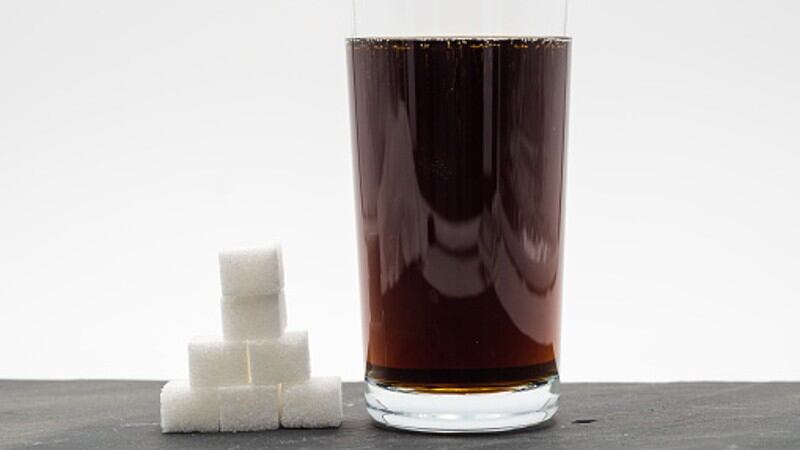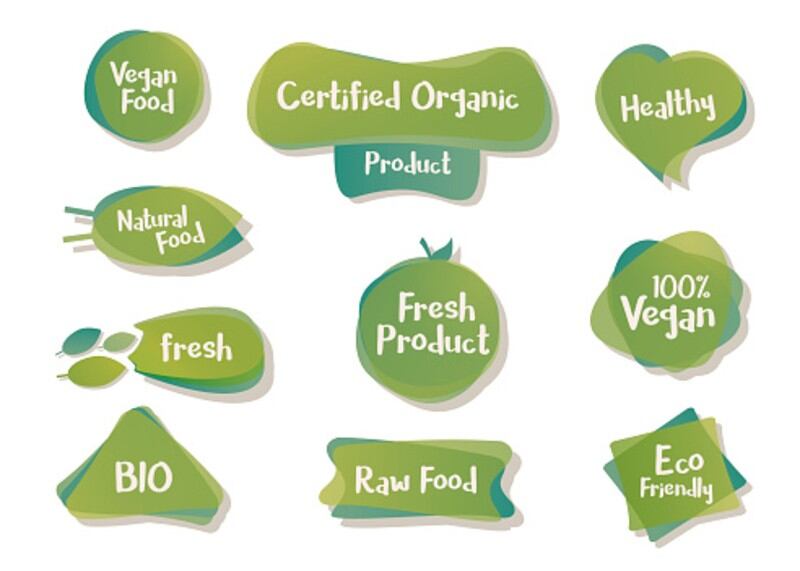To examine the effects of reducing SSB consumption on body mass index (BMI) z-score (measure of weight adjusted for height based on sex and age) of schoolchildren, a randomised controlled trial was conducted in four primary schools in Nanjing, China, from September 2019 to September 2020.
The ‘Reduced Consumption of Sugar-Sweetened Beverages Is Associated with Lower Body Mass Index Z-Score Gain among Chinese Schoolchildren’ study involved 1,633 participants with an average age of 9.36 years.
The students were randomly assigned to the Intervention Group or Control Group — the former went through school-based and home-based interventions, while the latter received neither.
School-based interventions included health education courses and a sugar-free school campaign; and home-based ones comprised health lectures and regular instant messages containing key information.
At the start and end of the trial, the students answered a questionnaire, which obtained data on their demographic characteristics, parents’ education level, activity level (weekly physical activity, daily cumulative homework time, screen time and sleep time), and weekly frequency of SSB consumption and average intake each time.
During the 12-month study, the median BMI z-score increased by 0.06 in the Intervention Group and 0.14 in the Control Group.
It was also found that changes in the BMI z-scores were associated with the amount of reduction in SSB consumption following interventions. For participants who cut down intake of SSBs, their BMI z-scores decreased by 0.057 more than that of those who increased consumption.
Food for thought
Overweight and obesity are known to bring about adverse consequences in schoolchildren both physically and mentally, such as breathing difficulties, anxiety, and elevated risks of fractures, hypertension and abnormal fasting glucose. These typically continue into adulthood, increasing the risk of other non-communicable diseases.
According to the World Health Organization, more than 340 million children and adolescents worldwide are overweight or obese, and the figures are increasing along with the rise in SSB consumption globally.
Notably, 61.9% of children aged between 6 and 17 years drank SSBs at least once a week, the China Nutrition and Health Survey (2010-2012) indicated.
“SSBs are major sources of calories because they are less satiating than solid foods, so children do not consume less of other foods after drinking them. To prevent excessive weight gain in children, energy intake from foods high in sugar should be limited,” said the authors.
The findings showed that the home-based interventions helped raise awareness among parents and improve beverage habits in the Intervention Group. For example, more parents restricted their children from consuming SSBs and stocked less of these drinks at home.
“Parents are key decision-makers for children’s food choices. Most of the Chinese schoolchildren’s main meals are in the evening with their parents. This emphasises that home-based interventions for reducing SSB consumption may play a crucial role in weight-control strategies.”
It should be mentioned that the study had several limitations, including the small selection of schools, the lack of data on total dietary intake of the students and total physical activity time, and the inability to assess long-term effects of the interventions.
“Nevertheless, our study provides important points of consideration for policymakers and educators. To achieve long-term benefits, the interventions need to be translated into sustained healthy behaviours. Future studies should include a delayed post-intervention assessment and interventions that are done over an extended period,” the authors concluded.
Source: MDPI
https://doi.org/10.3390/nu14194088
“Reduced Consumption of Sugar-Sweetened Beverages Is Associated with Lower Body Mass Index Z-Score Gain among Chinese Schoolchildren”
Authors: Chenchen Wang, et al





